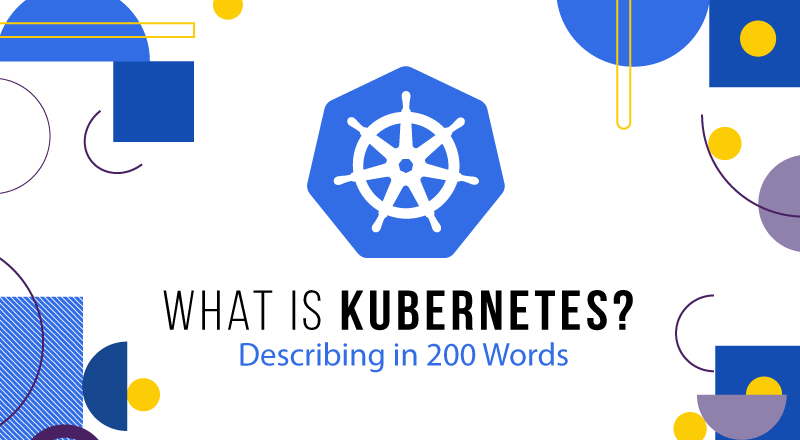

It manages everything necessary to optimize the use of computing resources and scales containers on demand. Kubernetes solves these challenges by automating the deployment and management of containerized applications.

VMware Tanzu is an active sponsor and contributor for many open source projects. The Cloud Native Computing Foundation (CNCF) maintains an Interactive Landscape to keep track of everything going on. There is a rapidly expanding Kubernetes ecosystem with projects that provide a wide range of different functionality. Kubernetes is highly extensible and portable, meaning it can run in a wide range of environments and can be used in conjunction with other technologies. The Kubernetes API lets users define the desired end state of their applications via logical constructs like deployments, replicasets, config-maps, services etc. It can also allocate storage and persistent volumes to running containers, provides a way to inject global config variables, implements auto-scaling, and maintains the desired state for applications. Kubernetes manages workload distribution for containerized applications across a cluster of hosts and will dynamically roll out the container networking, routing and ingress needed for applications running in containers. It’s a system that automates the deployment and management of containerized applications on a given cloud platform or on-premises infrastructure. Kubernetes helps orchestrate containerized applications to run on a cluster of hosts. A platform that can orchestrate, manage and define dependencies and configs for containerized applications becomes necessary for production systems.
#What is kubernetes in simple terms portable#
They also help simplify application operations by being portable across multiple hosts and cloud platforms.
#What is kubernetes in simple terms code#
Containers accelerate development pipelines by removing the need to build, test and validate application code across multiple operating systems.


 0 kommentar(er)
0 kommentar(er)
